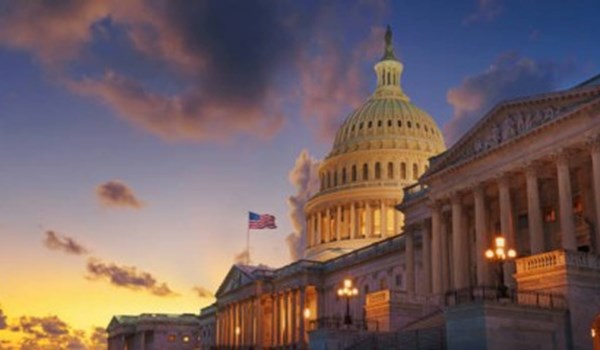Donald Trump’s victory in the race to become the next U.S. president will have economic consequences for the rest of the world that are likely to be deep and quite immediate.
If Trump enacts just a fraction of his pledges – from higher trade tariffs to deregulation, more oil drilling and more demands on America’s NATO partners – the strain on government finances, inflation, economic growth and interest rates will be felt in every corner of the world.
Trump recaptured the White House on Wednesday by securing more than the 270 Electoral College votes needed to win the presidency, Edison Research projected.
His Republican Party also secured the Senate and may even win the House of Representatives, which would make it easier for the president to legislate his proposals and push through key appointments.
“Trump’s fiscal pledges are seriously troublesome – for the U.S. economy and for global financial markets – as they promise to vastly expand an already excessive deficit at the same time as he threatens to undermine key institutions,” Erik Nielsen, UniCredit’s Group Chief Economics Advisor, said.
“One must conclude that Trump poses a serious – and so far vastly under-appreciated – threat to the U.S. Treasury market and thereby to global financial stability,” Nielsen said.
Import duties, including a 10% universal tariff on imports from all foreign countries and a 60% tariff on imports from China, are a key plank of Trump’s policies and likely to have the biggest global impact.
Tariffs inhibit global trade, lower growth for exporters, and weigh on public finances for all parties involved. They are likely to raise inflation in the United States, forcing the U.S. Federal Reserve to act with tighter monetary policy.



